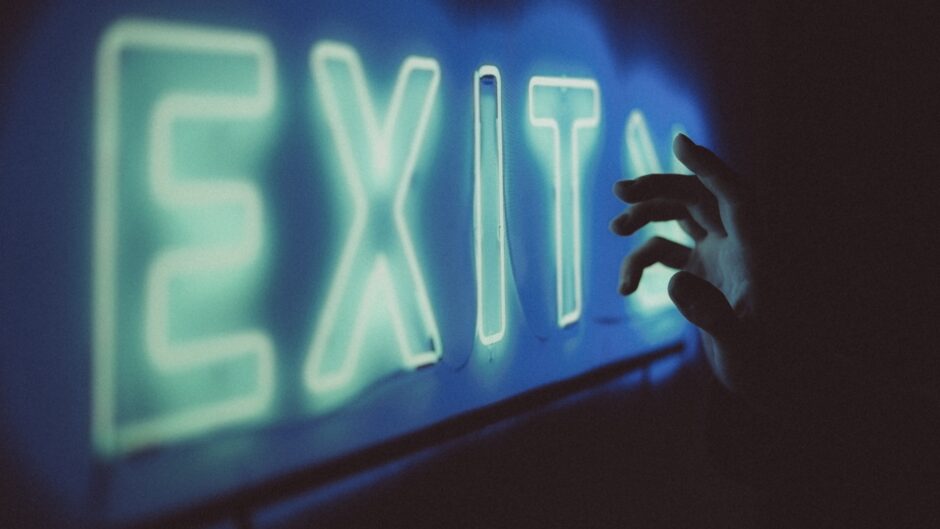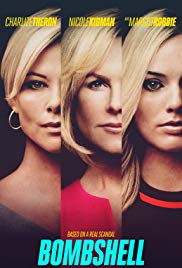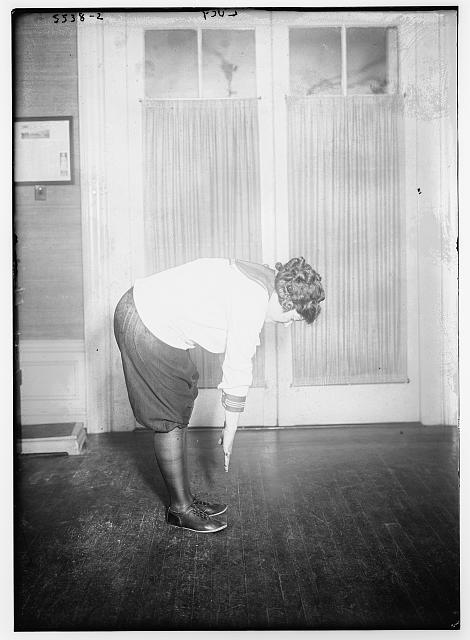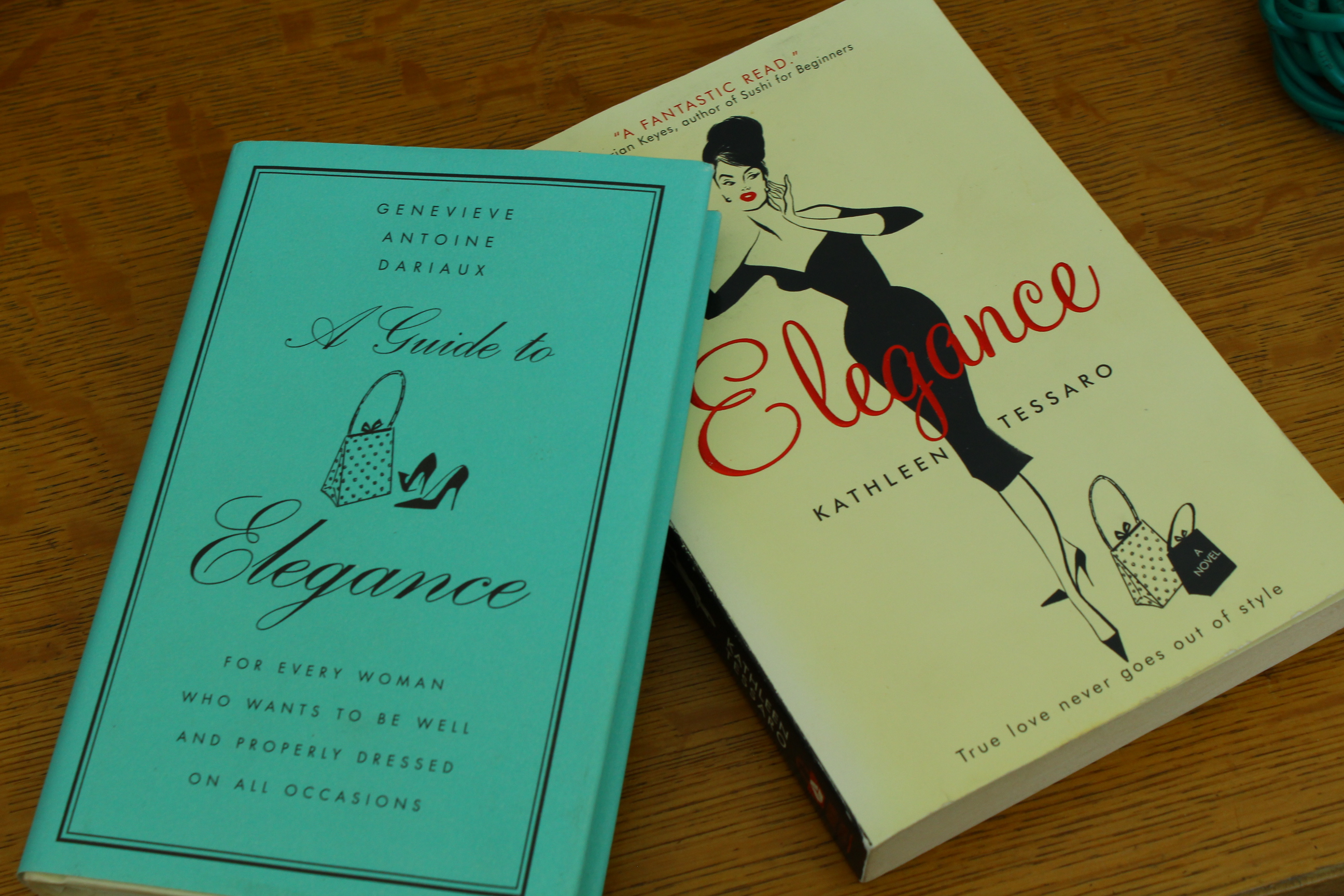Our society loves to hammer a particular thought into our heads, and that thought is that family is the most important thing in a person’s life. We are supposed to put family above everything else.
I say – bullshit.
I’m so tired of every book, magazine, internet article, movie and television show repeatedly shoving this outdated and misguided thought down our throats. Why? Because the message is wrong and it can have very disastrous effects on many people. Let me break this one down. Again –I’m not a mental health professional, these are just my opinions. I have no research to back any of this up, please make up your own mind regarding this particular topic and/or seek out a qualified therapist you can speak with.
First, for those individuals out there who have no family, the constant message sent through so many of society’s channels saying that family is the most important thing can lead that individual to believing they are some type of societal outcast because they don’t have one. I think it could be possible that a family-less person could feel overwhelming guilt or sadness or depression by simply not having something that’s largely out of their control. I also think that others who place high priority on their own particular family could pity the family-less person and after a while, maybe people don’t want to be pitied. There are a lot of people in this world who don’t have a family or have very limited family. They are not outcasts in society because of it. We shouldn’t reinforce a sense of loss or shame with this message which might be saying to anyone without a family that they are missing out on a piece of life.
Second, there are stories after stories about parents or grandparents who wind up in jail because they’ve abused or killed their children (or parent, or spouse or other family member). There are plenty of really, really shitty people in this world who hurt those who might be dependent on them (example: parent to child). The emotional damage done in these situations is far greater than the physical pain inflicted, the emotional and mental damage can haunt a person their entire life. I’ve been a first-hand witness to what childhood abuse looks like in a victim almost sixty years after the abuse stopped. The emotional damage from that abuse never did and only became worse over the years. Beyond that, abuse is generational and studies are starting to prove this. I have had two different therapists, without prompting, say they believe I wasn’t being truthful with them because I exhibited classic symptoms of someone who was a victim of physical childhood abuse. I was not. My parent was. I am living proof that it’s generational and I see the effects of this also in my siblings.
Third, this “family is everything” brings on guilt and shame to someone who has been conditioned to feel responsible for a family member who is clearly unable to be responsible for themselves. I’d like to consider a hypothetical set of siblings. One has followed a path of a typical, law-abiding citizen with typical patterns of behavior (social drinking, no drugs, perhaps in a stable relationship with a committed partner, likely in a job/career that allows them to be self-supporting, etc…). The other sibling began abusing drugs and alcohol at an early age and hasn’t stopped, they are unable to stay employed for any meaningful time and personal relationships, either romantic or friendships, are with people who are also very emotionally unstable and toxic. Perhaps a parent or grandparent or society placed an enormous guilt-trip on the first sibling to care for the second one and after years and years of attempting to stop the pain and destructive behavior of the second sibling, the first sibling has no savings or financial stability (because money was always used to help the second sibling with medical, jail, lawyer bills, food, rent, etc…), the first sibling’s relationship has been damaged because they are forced by guilt to ignore other people in favor of the second sibling whenever a problem arises, this could also be true for the job because the first sibling may have had to leave on numerous occasions when the second sibling needed immediate care or assistance (hey bro…my car broke down again and I’m stuck on the side of the road and can’t get to work, come get me…). At what point does the first sibling have the right to tell the second to go to hell? When does sibling one have the right to the life that he or she has tried to build for themselves? The second sibling clearly doesn’t want to get themselves out of the hole and doesn’t seem to care that he or she is dragging the first one down with them. This overwhelming sense of responsibility and guilt could be the result of parentification of the first sibling. I’m going to devote more time to this topic in the future.
Without anything to rely on for evidence for this thought, I’m going to pose this idea. I wonder if some people who are born into families that struggle with addictions, mental health problems, abusive behaviors and similar conditions feel they are not allowed to leave their families for a better life because our society places such an incredible amount of shame on their shoulders should they turn their backs to their family and say – I simply don’t want to live in this toxic and unhealthy environment any longer.
During this pandemic there has been a documented rise in domestic abuse – or at least I’ve heard that on the news. There’s also been a large concern for children who aren’t in school where teachers and school staff can visually check in with children who live in unstable and potentially abusive households. There isn’t that extra set of protection for them that comes from being away from the abuser during the school hours. If a teacher of a third grader knew that said third grader was abused (and hopefully removed from the home), would that same teacher tell that person when they turned twenty-three – hey, you need to take care of your Mom/Dad, they’re the only family you have? All the while knowing it was Mom/Dad who beat the crap out of that person when they were eight years old? No, I don’t think that teacher would say that.
Yet, to me, that’s what the overwhelming message of “family is the most important thing” is telling to those children and that message is so ingrained, it’s nearly impossible to shake off.
I looked up this topic online to see what I could find and there were a couple of brave bloggers out there who said, I’m done with family, but the number of results that popped up which reinforced the “family is everything” message was overwhelming and full of guilt. There were a bunch about the importance of family as a way to be “healthy” and some about the important role that the family – as a unit – plays within the larger society. I’m sure there are some great arguments to all of those things that are based in research and careful analysis, but I still think that sometimes we just need to walk away because not every family is balanced and emotionally stable.
I know I’m writing all of this from a singular, jaded and angry viewpoint. But I think it’s an important topic to bring up and to think about. If the overall goal of society is for all of us to be emotionally balanced and have healthy interactions with others in our society, then I think we need to take off the rose-colored glasses and view families for what they often can be – dysfunctional. This dysfunction leads to more emotional and mental imbalance, making it more difficult for us to be able to interact with each other.
I’m very angry at my family. I didn’t know there was anything wrong with my upbringing until I hit an enormous emotional wall about five years ago. I thought I was normal. I thought the anger was normal. I thought the constant fatigue and lack of motivation or energy was just my lot in life to carry. I couldn’t understand why it felt like no one could see my viewpoint. With the help of professional therapists, I’ve become slightly better at identifying my emotions. It’s still very difficult, but I understand the difference now between frustration, disappointment, sadness and anger. I can recognize those days when I’m feeling something but am still unable to identify that feeling. I don’t jump to anger now when that happens, I just say to myself – something’s off, I just don’t know what it is – and I can work within that knowledge. This lack of feeling emotions stems from a childhood with parents who were unable to provide an emotionally balanced environment for me to grow up in. Notice I said “unable”. They are humans, they aren’t perfect and they have their own crap. Unfortunately, being a parent really requires people to know about as much of their own crap as they can so they can keep from passing it on to their children. Mine aren’t that self-aware.
I wasn’t beaten or left to find my own food or clothing. My parents aren’t alcoholics or drug addicts. I wasn’t without toys or slumber parties and I had plenty of clothes to choose from. I never wondered when my next meal would be and cake and ice cream were always available on (or near) my birthday. So why am I bitter? Because even though I can say there were good times, family trips, and shared experiences, there was an overarching feeling of tenseness and anger. I felt that most days were spent doing as many things right as I could just to keep my mother from exploding. Or to keep my father from being annoyed with us, or erupting like a volcano at the regular (but not terribly frequent) intervals that he did. It just seemed like there was a lot of anger and barking. There were always orders given and chores to do and the expectation that we should do all of those with expediency and enthusiasm. We were always running late for something and relaxation usually felt like some type of cardinal sin. The singular feeling I keep coming back to again and again through all of my current mental struggles is that my purpose in life was chosen for me and that purpose is to keep my mother as happy and at peace as possible.
That’s a completely impossible task and carries more weight and responsibility with it than any child should ever feel. I didn’t know I was carrying it then, but after hauling it around for several decades the weight of it has caused both emotional and physical pain.
Sure, some of those things I described, like chores, are just a part of childhood and, yes, some structure and chores should be part of that, but as an adult (for a few decades now) I shouldn’t be haunted by my upbringing and I should experience more feelings about that childhood than just trepidation, anxiety or depression.
I want to live a life completely different than my family (immediate or extended). I don’t want to always be living paycheck to paycheck like so many of them do. I don’t want to stop learning or growing as a human being. I want to take trips and explore the world without feeling such an overwhelming guilt that it prevents me from enjoying myself while simultaneously ruining the trip for my spouse. I don’t want to feel guilty because we’ve been able to save some money and can buy a nice house in a nice neighborhood and so many of my relatives are unable to do the same. I want to actually know what I want for my life instead of just doing what I’m expected to. I want to be able to stand up for myself and sometimes just not give a shit if I’m hurting someone else’s feelings if I demand that my own emotional needs be met.
I’ve been able to see families that are able to be there for one another. I’ve been fortunate beyond words to have married into one of those and been accepted by them. But even that comes with an overwhelming side of guilt because I enjoy their company so much more than the company of my blood relatives. I feel that I’m abandoning my own family and because “family is everything” I must be a monster for choosing someone over them. That’s why I’m writing this. I’m not a monster, I’m not selfish, I’m simply saying there’s a better way to live a life than one that’s filled with angst and depression brought on my family.
This feeling came to a head a couple of years ago when the nagging depression (which had begun within me a couple of years prior to that) built into full-blown suicidal feelings. Eventually I was able to identify (with the help of my professional therapist) the cause of my decline was that I saw myself facing two paths forward. One was to lead a life that I wanted to, one that I want to be filled with success and growth and joy but one that would also require me to leave my family behind because that path would be drastically different than the life they’ve chosen for themselves. It would make it significantly harder to relate to one another. The other path was to hold myself down and stay angry, bitter and depressed in order to keep a connection with my family – who seems to have so much drama and setbacks and downturns in their own lives and the only way to connect is to have that same shared experience or in some way attempt to take that pain from them. I simply do not see how it’s possible for me to be happy with them in my life.
So no, I do not think that family is the most important thing in my life. I think that friends and loved ones are. I think sometimes those people we love can be family, but so often those people are not. Those important people are the ones who will be there when I need them. And the ones I want to be there for if they need a shoulder. They are the ones that know the real me. They are the ones I can share my secrets with because there’s an emotional trust that’s been built and reinforced between us. People are important and we all need those people who are most important to us. I just think it’s time we gave ourselves permission to choose who those people are for ourselves and not have them forced upon us by a societal message that’s outlived its usefulness. We have the right to choose the people who are most important to us.



